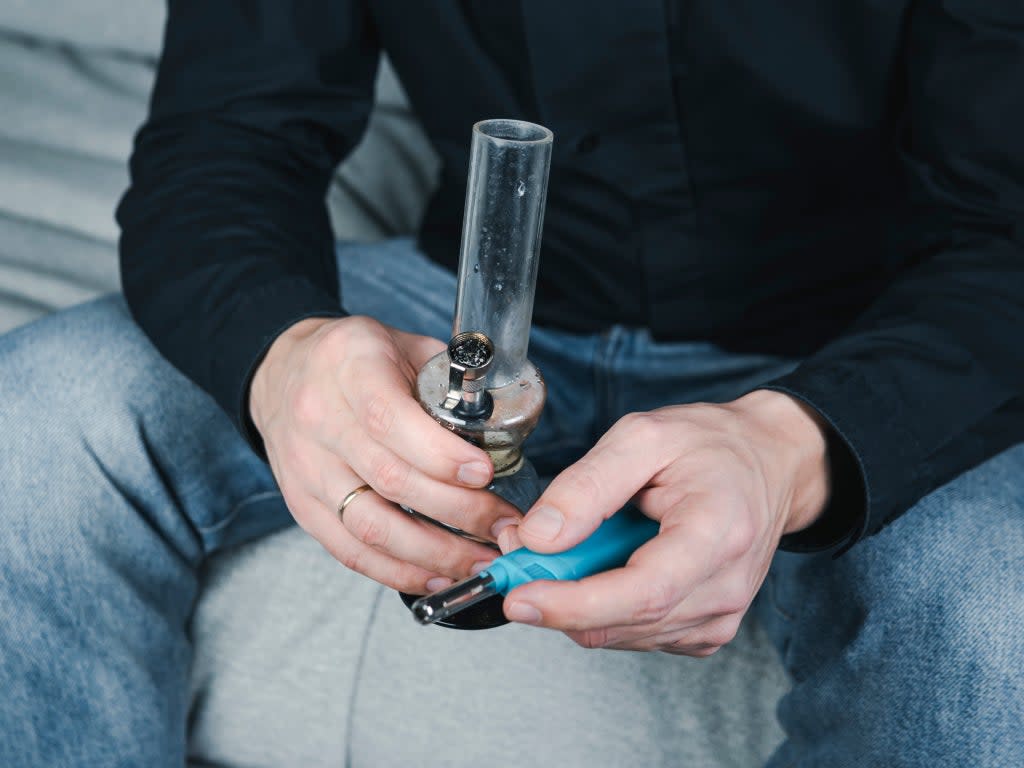Secondhand bong smoke worse than cigarette smoke, study finds

Secondhand marijuana smoke from bongs can be more dangerous than secondhand cigarette smoke, researchers have found.
A new study says the reason for this is the increased concentration of fine particulate matter found in secondhand bong smoke.
Fine particulate matter penetrates the respiratory system further than larger particles, which is why it can be more harmful.
The report was published on the JAMA Open Network this week and researchers from the University of California, Berkeley measured levels of the matter before, during and after eight social-smoking sessions of cannabis.
Students at the university participated in the study, and the smoking sessions took place in the living room of an apartment near the campus.
The students were not observed during the sessions and provided their own bongs and cannabis.
Marijuana is legal in California for adults over the age of 21 to possess, purchase or give away up to an ounce, and adults can also cultivate up to six live cannabis plants. Smoking or ingesting marijuana remains illegal in public places as is using the drug in a car.
A professor who oversaw the study, S Katharine Hammond told the San Francisco Chronicle: “We exerted no control and gave no direction to the students on how to smoke the cannabis in the bong.
“They were free to smoke as much as they wanted when they started the session.”
Graduate student Patton Khuu Nguyen was a co-author on the study and together with Hammond used an aerosol monitor to measure the air quality before, during and after each session.
They then compared the data from the bong-smoking session to data collected from tobacco smokers.
Secondhand cannabis smoke was determined to have four times the amount of fine particulate matter than secondhand tobacco smoke.
“This cohort study suggests that, contrary to popular beliefs, bong smoking is not safe … Incorrect beliefs about SHCS [second hand cannabis smoke] safety promote indoor cannabis smoking,” the study concludes.
In a separate statement to USA Today, Hammond added: “[SHCS] can actually affect the health of children who are nearby or other people in pretty serious ways. We need to wake up to that.”

